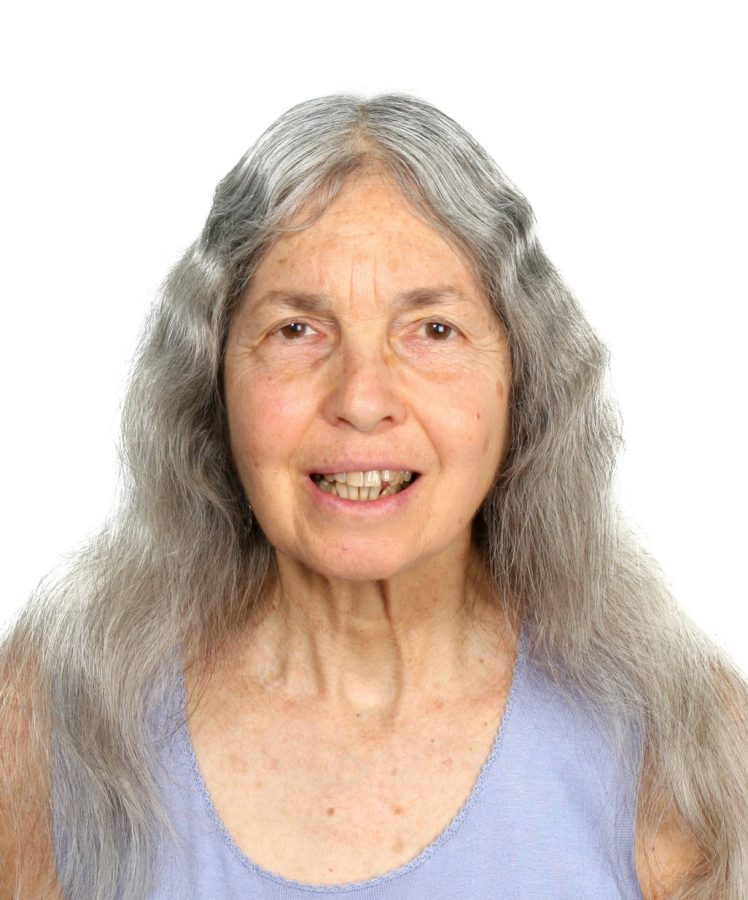“Justice Should… be Colorblind:” Speaker Discusses Anti- Lynching Campaign
Carolyn L. Karcher, professor emerita of English, American studies and women’s studies at Temple University, spoke to a small audience about Albion W. Tourgée and his interracial anti-lynching campaign.
“Tourgée was an activist, judge, and author,” who believed that “justice should at least be colorblind,” Karcher stated.“Tourgée interpreted lynching as a hate crime,” and as “terrorist strike[s] against African-Americans,” continued Karcher.
Karcher educated the audience on Tourgée’s “[fight] against segregation in the Supreme Court Case Plessy v. Ferguson, which he did pro bono.”
Despite his involvement in the fight for black equality, “Tourgée vanished from US history because it could not comfortably fit [him.]” This was in part because he “unmistakably proclaimed himself a rebel against White-America,” by “[warning] that no amount of oppression could succeed in stamping out the colored man’s struggle for justice.” Tourgée understood that “you couldn’t fight for equality and justice without an interracial movement,” and so he was deemed “much, much too radical for the Republican party [at the time].”
In an effort to goad America into seeing the horrible reality of lynching, Tourgée went abroad to spread the word to Europe of the atrocities taking place in America. According to Karcher, Tourgée came to the conclusion that “only the pressure of world opinion could shame his compatriots into understanding the injustice [of lynching].” His tour abroad was successful as “[Britian was] horrified by cruelties perpetrated [in America].”
Karcher concluded her talk with a question and answer session followed by a sale and signing of her book, A Refugee from His Race: Albion W. Tourgée and His Fight against White Supremacy.
“No one person living has worked so hard or long against lynching as Senator Tourgée,” said Karcher. She also pointed out that Tourgée believed that “the demand for equality should not be couched in racial terms but in universal terms.”
Attendee Teryon Lowery ’19 said he was surprised to learn that “during this time someone who wasn’t a person of color did so much for black people. You always hear about abolitionists, but most abolitionists didn’t want equality for blacks, they just didn’t want slavery.” Lowery was impressed by “what [Tourgée] did in terms of going abroad and changing the perception of America internationally and [forcing] the hand of America to change the laws. [He] really point[ed] a mirror at America and show[ed] them what they were doing.”
Karcher is the author of several books, including Shadow Over the Promised Land: Slavery, Race, and Violence in Melville’s America and The First Woman in the Republic: A Cultural Biography of Lydia Maria Child in addition to her book about Tourgée. She also edited a reprint of Tourgée’s own novel, Bricks Without Straw.
The event was hosted by the Clarke Forum for Contemporary Issues and co-sponsored by the Writing Program, the Women’s and Gender Resource Center and the Department of Africana Studies. It took place on Thursday, November 3 in the Stern Center Great Room.






